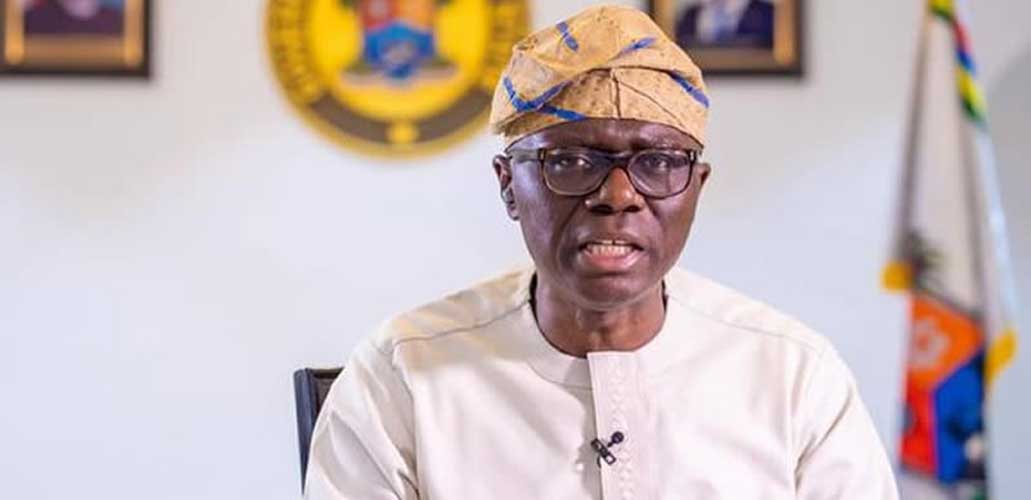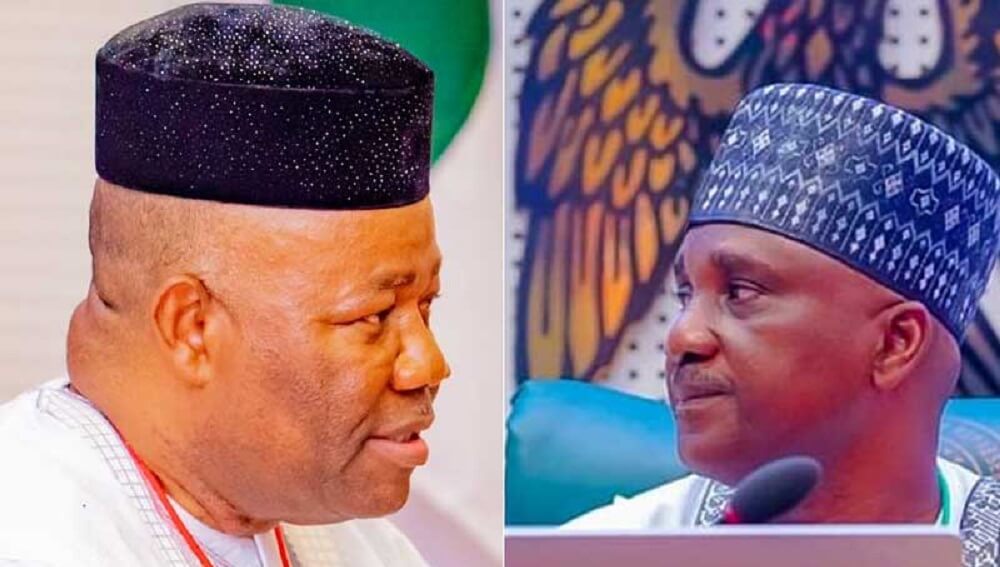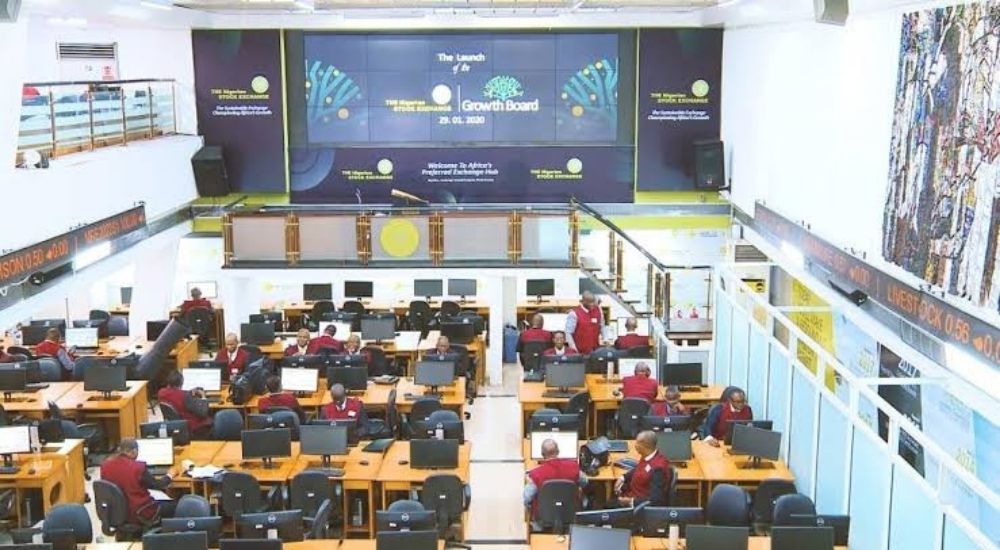French Government Faces Collapse As No-Confidence Vote Looms

France is facing a major political crisis as the country’s far-left and far-right parties have submitted no-confidence motions against Prime Minister Michel Barnier, pushing his fragile government toward likely collapse later this week.
The fallout has already unsettled financial markets, with investors dumping French assets, widening bond spreads, and weakening the euro.
Far-right National Rally (RN) leader Marine Le Pen announced her party’s motion on Monday, accusing Barnier of worsening the country’s woes since his appointment in September.
“The French have had enough,” Le Pen declared, adding that the RN would also support a similar motion tabled by the left-wing coalition.
The parliamentary vote, expected on Wednesday, might likely lead to a removal of Barnier’s government, the first collapse through a no-confidence vote since 1962 as a combined majority of RN and left-wing lawmakers could ensure the motions’ success, barring any unexpected developments.
The government’s precarious position follows Barnier’s controversial move to bypass a parliamentary vote on a contentious social security bill, intensifying calls for his resignation.
According the to Mathilde Panot of the left-wing party, France Unbowed, his action “is another denial of democracy,” blaming Barnier and President Emmanuel Macron for the escalating political chaos.
The crisis stems from Macron’s snap election call in June, which resulted in a divided parliament. Since then, the CAC (‘Cotation Assistée en Continu) 40 index has fallen by nearly 10%, making France the worst performer among major Europe’s economies.
Barnier’s minority government relied heavily on RN support, but that partnership crumbled over disagreements on the budget bill, which proposed €60 billion in tax hikes and spending cuts to curb France’s soaring public deficit.
If the no-confidence vote succeeds, Barnier would tender his resignation and President Macron could ask him to continue in a caretaker capacity while searching for a new prime minister, a process that may extend into 2024.
The best possible solution might be a technocratic government with no political agenda, designed to survive no-confidence challenges. However, no new parliamentary elections can hold before July, limiting Macron’s options for securing stability.
Another area of uncertainty is the country’s budget, which should be passed before December 20. If this is not done, the caretaker government could attempt to enact it via constitutional powers or propose emergency legislation to extend existing fiscal measures. However, both options will not be without legal and political risks.
Barnier had urged lawmakers to put national interests first, warning against the repercussions of government collapse. “The French will not forgive us for putting individual ambitions above the country’s future,” he said.
French Government Faces Collapse As No-Confidence Vote Looms is first published on The Whistler Newspaper





